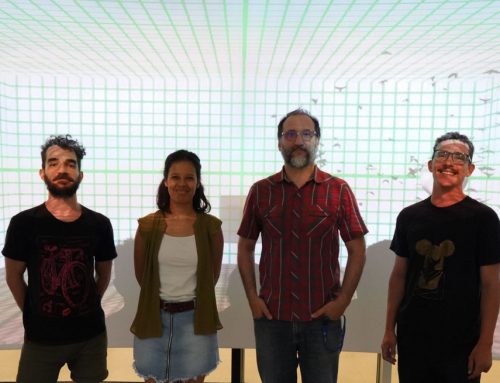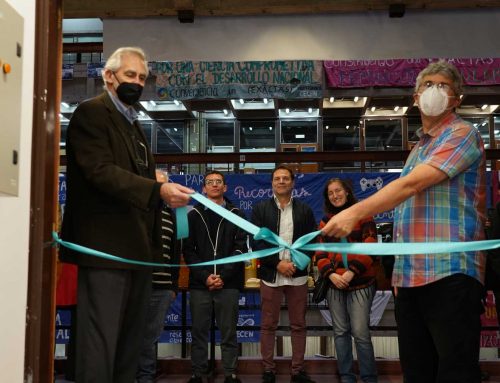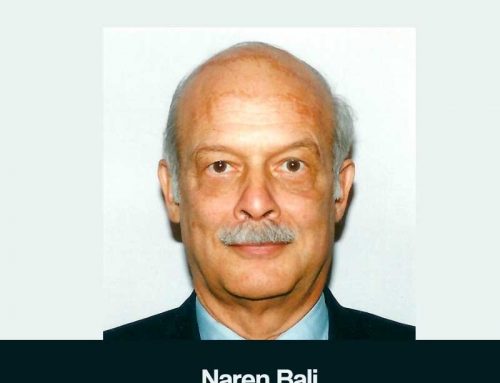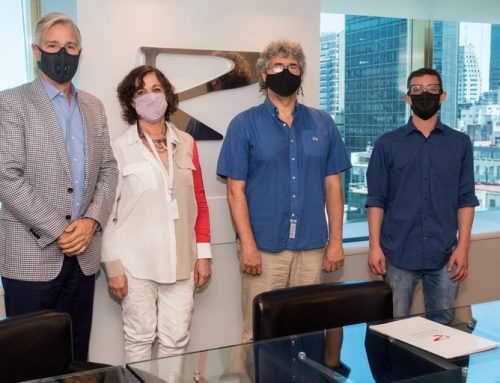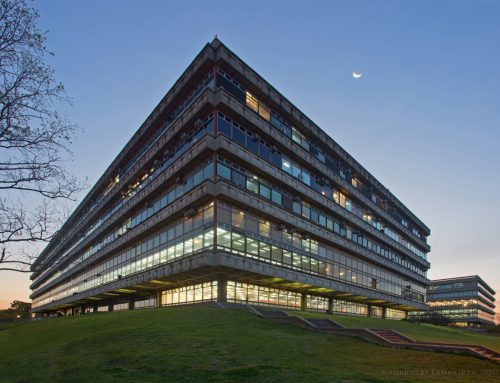A group of researchers from the School of Natural and Exact Sciences (UBA) together with researchers from other institutes, and in collaboration with Health Centers, formed a multidisciplinary group to work on a method of detecting the SARS-CoV-2 virus. Responding to the need to test more people using fewer kits, they developed a procedure for testing by group.
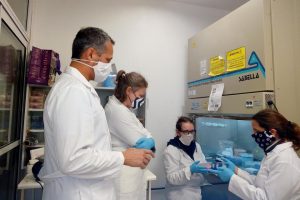
Exactas working group in the laboratory: Luciana Rocha Viegas, Valeria Genoud, Virginia Dansey and Nicolás Pregi.
The current COVID-19 pandemic presents numerous challenges for health systems. We are clear that RT-qPCR-based diagnostic confirmation of infected individuals is crucial to contain the spread (in part because infection with this virus may be mild or even asymptomatic despite high viral loads), but tests they are expensive and resources are limited.
To respond to this problem, a group of scientists was selected by the Coronavirus Unit of the Ministry of Science, Technology and Innovation to be financed and to develop this strategy, which consists of laboratory diagnosis for SARS-CoV-2 from pools of clinical samples. The testing work in pools is coordinated by the Ministry of the Province of Buenos Aires and it has been applied in the Province for more than a month. It is especially effective to apply in closed or semi-closed institutions (such as nursing homes) where the prevalence of infected is low. This system also includes more people tested, including possible asymptomatic infections who may continue to spread the disease inadvertently.
“Testing a person costs 35 dollars. With the development of Argentine components (there were several), this cost was reduced to approximately half, 18 dollars. It is still very expensive. That is why we focus on lowering the costs “, explained interviewed by Page 12 Roberto Etchenique, doctor in chemistry from the UBA, who coordinates together with Daniela Hozbor and Adali Pecci the group of professionals working on this pr



